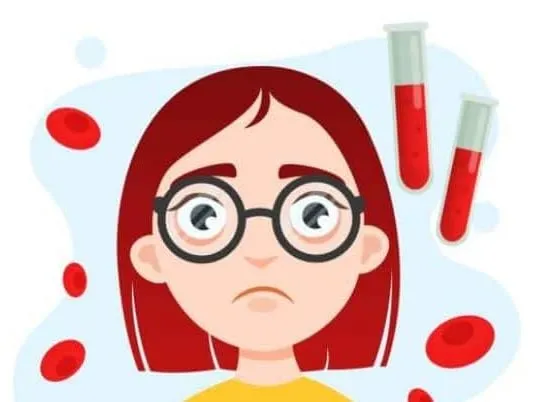Anemia vs Iron Deficiency

Is being iron deficient the same as being anemic? Or can you be anemic and not have an iron deficiency?
Iron deficiency is when you have a low iron level. Anemia is when you have a low blood count due to either having too few red blood cells or damaged red blood cells, making your blood unable to get enough oxygen to the rest of your body. It is the endpoint of iron deficiency.
Besides iron deficiency, anemia can be caused by other diseases, as well, such as acute blood loss or problems with the bone marrow. It can be caused by a deficiency of other vitamins such as B12 and folate. Iron deficiency is very common in patients who have kidney problems, cancer, chronic infections, and chronic inflammatory disorders like rheumatoid arthritis.
The reason people think anemia and iron deficiency are the same is that iron deficiency is the most common cause of anemia, especially in people who are otherwise well. However, according to the National Institutes of Health, it is common for doctors to treat patients without anemia but with symptoms of iron deficiency. Particularly in women who have long menstrual cycles or women who are pregnant.
So guess what? You could be anemic but not iron deficient. And you can have an iron deficiency and not be diagnosed with anemia.
Then there’s the all-important connection between anemia and weight gain. While anemia and weight gain are not directly related, there are some potential connections between the two. For example:
- Reduced energy levels: Anemia can cause fatigue and weakness, which can make it more difficult for a person to engage in physical activity. This can lead to a decrease in overall calorie expenditure and an increase in weight gain.
- Changes in appetite: Some people with anemia may experience changes in appetite, such as increased cravings for high-calorie foods. This can lead to overeating and weight gain.
- Underlying health conditions: Anemia can be caused by underlying health conditions, such as hypothyroidism or celiac disease, which can also contribute to weight gain.
It's important to note that not all types of anemia are associated with weight gain, and weight gain can have many other causes.
If you are concerned about your weight, iron deficiency, or your risk for anemia, it's a good idea to speak with your healthcare provider for personalized advice.
If you are a female on a weight loss journey and desire accountability, contact me! I've formed an intimate group of like-minded ladies serious about our health goals but realizing we all need to lean on one another for the discipline and willpower to reach them. We are the DIVA HEAD-TURNERS. If intrigued to learn more, contact me at http://TerriLiggins.com. Click the email button and put Diva Head-Turners in the subject.






